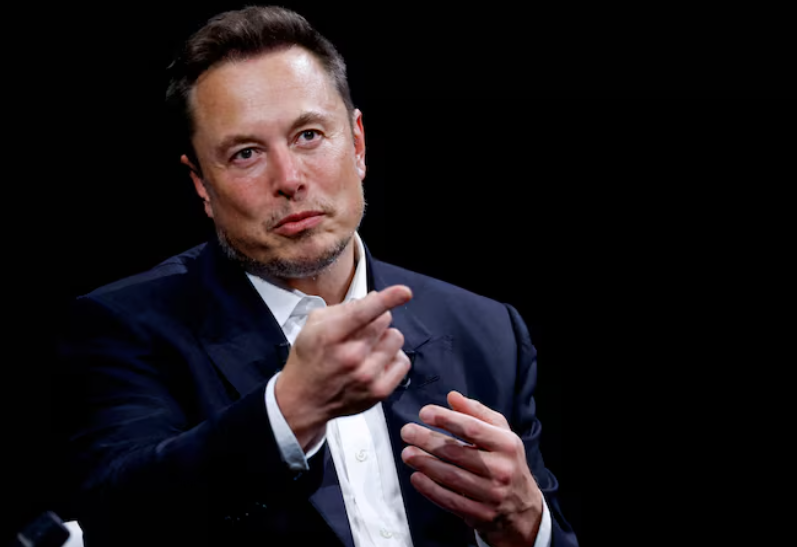In a move that has ignited debate over campaign finance ethics, Pennsylvania Governor Josh Shapiro expressed serious concerns regarding billionaire Elon Musk’s recent initiative to financially incentivize registered voters for signing a petition supporting “free speech and the right to bear arms.”
During a Town Hall event in Harrisburg, PA, on Saturday, Musk announced he would award $1 million daily to voters who sign his America PAC’s petition until Election Day on November 5, 2024. This initiative comes as Musk actively supports former President Donald Trump.
Shapiro criticized Musk’s financial strategy, stating it could potentially violate campaign finance laws.
“When you start flowing this kind of money into politics, it raises serious questions that folks may want to take a look at,” he said in an interview on Meet the Press.
Shapiro, who previously served as Pennsylvania’s Attorney General, called for law enforcement scrutiny of Musk’s actions, highlighting the possible implications of such financial inducements in the electoral process.
The controversy surrounding Musk’s petition escalated after he began offering financial rewards, following earlier incentives of $100 for signing and $100 for referrals to the petition.
Voters in other swing states like Georgia, Nevada, and Arizona were also promised similar financial incentives, drawing further scrutiny to the legality of these tactics.
“One of the challenges we’re having is how do we get people to know about this petition because the legacy media is warned to report on it,” Musk said, rationalizing the $1 million award.
Legal experts have weighed in on the matter, with Rich Hasan, a UCLA Law professor, arguing that Musk’s actions might contravene federal election law, specifically citing 52 USC § 10307.
This statute prohibits any form of compensation for voter registration or voting, carrying potential penalties of up to $10,000 in fines or five years in prison.
Conversely, some legal analysts argue that while Musk’s approach may be distasteful, it does not constitute a criminal offense.
Jill Wine-Banks, a legal analyst for MSNBC, suggested that while Musk’s financial offers could be seen as unethical, they might not be illegal. She noted the difference between incentivizing petition signing and direct voter registration or voting.
Brad Smith, a former chairman of the Federal Election Commission, echoed this sentiment, suggesting that Musk’s financial incentives may not necessarily breach any laws.
As the situation continues to develop, the legal and ethical implications of Musk’s initiative remain a focal point of discussion in the realm of electoral integrity.
For more updates on this story and the evolving legal landscape surrounding campaign finance, stay tuned to our coverage.

